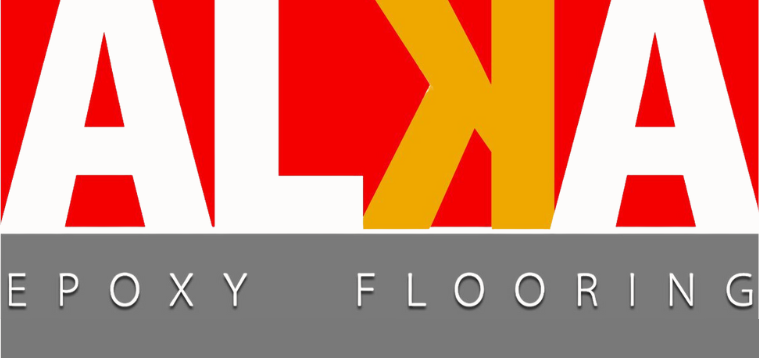If you are in need of a good quality epoxy resin flooring contractor, then you have come to the right place. Sydney Epoxy Floors specialize in the application and preparation of epoxy floors. Their products and services are long lasting and durable. Besides, they also offer slip resistance and hard wearing floors.
Self-levelling (SL) epoxy flooring
Whether you’re looking for a new flooring solution for your home, office or warehouse, self-levelling epoxy resin flooring contractors in Sydney can help. They can provide you with high-quality finishes and industrial grade flooring coatings that will last a lifetime.
Unlike many other types of flooring, epoxy floor coatings are durable and resistant to abrasion and chemical reaction. They are also slip-resistant, making them an ideal choice for workplaces.
Self-levelling epoxy is a popular choice in areas with heavy traffic. It can be applied on any substrate and creates a smooth, glossy finish. These floors are easy to maintain. You can clean them with mild detergent or a soft scrubber.
Self-levelling epoxy is an environmentally friendly product, as it won’t release toxins into the air. Having an epoxy floor can save you money and time on cleaning and maintenance.
Another great feature of epoxy flooring is that it can be customized. You can add logos or other graphics to the surface for an attractive look.
Metallic epoxy coatings
Metallic epoxy coatings can add a bit of bling to a room. However, there are several drawbacks to this type of flooring.
Depending on your needs, you may want to consider other types of flooring. If your needs are more focused on durability, a solid epoxy is a good option. But if you are looking for something that is easier to clean, a metallic urethane finish might be better for you.
Typically, a metallic epoxy floor can last for years with minimal maintenance. It is durable and resistant to abrasions, spills and chemical agents. With proper cleaning, you can also increase its longevity.
Epoxy is a popular choice for non-slip flooring, thanks to its seamless design. You can apply it to any surface. The trick is to make sure your concrete slab is properly prepared.
An epoxy floor is also resistant to scratches and abrasions. For high traffic areas, a wax and recoat system can be used.
Durability
If you’re looking for a tough, long-lasting floor, epoxy resin flooring is your best bet. It provides a hard wearing surface that is waterproof and resistant to stains, grease and cracks.
There are many factors that affect the lifespan of an epoxy floor. One is the traffic it gets on a daily basis. Heavy traffic can cause mechanical wear, scratch marks and scuffs.
Epoxy resin flooring is also durable because it forms a chemical bond with the floor underneath, stronger than concrete. This makes it ideal for factories, warehouses, cars showroom floors, garages and other heavy-duty applications.
When choosing the material for your next project, make sure it meets the right Australian standards. Getting an epoxy that’s not up to par will not only reduce the lifespan of your floor, but may also result in expensive repairs down the road.
A good quality epoxy floor coating should last at least two to five years, depending on how often the floor is used. For best results, have a professional apply the product.
Cost
The cost of epoxy resin flooring contractors Sydney can vary. It depends on the kind of work to be done, the size of the space to be covered, and the effect you want to achieve. In addition, you need to factor in the preparation work.
An average price for decorative floor coating is $60 to $100 per square metre. This is for a two-pack application over a properly prepared concrete surface. If you want a more decorative finish, it can be even higher.
Epoxy floors can last for decades without chipping or flaking. They also resist stains, chemicals, and cleansers. However, if you don’t take care of them, they may eventually wear out.
You should choose an experienced contractor to ensure that the job is done right. It is advisable to look for an epoxy specialist with a training certificate and experience.
There are two main types of epoxy: water-based and solvent-based. Water-based is more durable, but can be used only in certain temperatures. A solvent-based version has a glossier finish.
